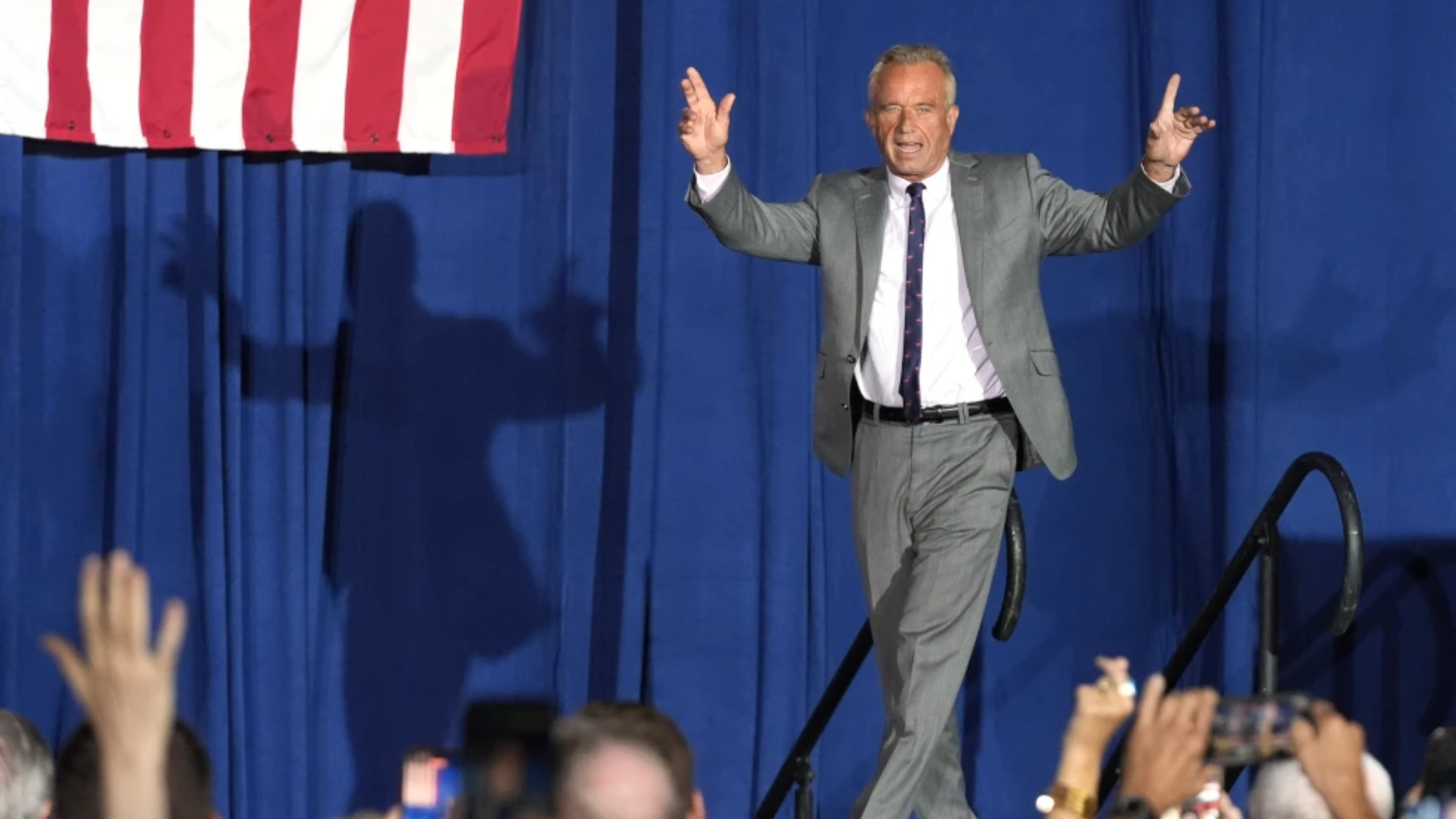(CNN)– Why would people launder money in Panama?
It’s a question being asked after the International Consortium of Investigative Journalists reported on the Panama Papers, the name for what may be the largest document leak in history, alleging that a company in Panama may have helped people around the globe set up shell companies and offshore accounts.
Mossack Fonseca is the firm at the heart of the accusations. It said in a statement to CNN that while it “may have been the victim of a data breach, nothing we’ve seen in this illegally obtained cache of documents suggests we’ve done anything illegal, and that’s very much in keeping with the global reputation we’ve built over the past 40 years of doing business the right way.”
Also, Panamanian President Juan Carlos Varela has reportedly said he has zero tolerance for financial crimes.
So why would anyone want to take their money to Panama? Here are four big reasons:
History
While Panama is hardly the only country where people stash their money to avoid taxes, its reputation as a tax haven dates back more than a hundred years, according to a study published by the Norwegian Institute for Research in Economics and Business Administration.
The country registered foreign ships to help Standard Oil, the petroleum giant started by John Rockefeller, escape U.S. taxes.
In the late 1920s, Wall Street executives helped Panama craft legislation that allowed anyone to start tax-free, anonymous corporations.
About 60 years later, the drug money came.
Manuel Noriega, the Panamanian dictator, rose to power in 1983, when Colombia’s drug smugglers were making their billions. He helped Colombia’s Medellin Cartel — which at one point made as much as $4 billion a year, according to The Wall Street Journal — stash its drug money.
Though Noriega was eventually ousted by the United States, which had earlier considered him an ally in the fight against communism, his relationship with the cartels cemented Panama’s reputation as a money-laundering haven.
Favorable corporate laws
The laws established in the 1920s were refined to make Panama an easy place to launder money.
Companies can be formed easily, don’t need to file tax returns or have their accounts audited, and in some cases can offer owners complete confidentiality, according to InSight Crime, a foundation that studies organized crime in Latin America and the Caribbean.
Panama also offers a plethora of tax incentives; for example, many companies don’t have to pay taxes when doing business with other foreign companies.
And its regulatory reporting requirements are lax, compared with those of most other countries.
While legitimate funds do make their way to Panama, until February, it was on an international list of countries with weak anti-money laundering laws. However, Financial Action Task Force, an inter-governmental body that creates the international list, commended the country for the progress it had made to strengthen its anti-money laundering rules.
Panama was removed from the list because it made commitments to fight financial fraud. One important promise was to adopt the Organization for Economic Cooperation and Development’s Common Reporting Standard, requiring jurisdictions to “obtain information from their financial institutions and automatically exchange that information with other jurisdictions on an annual basis.”
The country remains on the European Commission’s blacklist of tax havens and noncooperative jurisdictions, and France said this week it would put it back on its own blacklist.
Economy and geography
Panama’s economy runs on the dollar, which governments use in international transactions and is considered a haven currency. Financial services are critical to the country’s economy.
With the Panama Canal, the country is a giant international trade hub, with the canal accounting for 6% of the country’s GDP.
And Panama borders countries with the highest global levels of illegal drug production and trafficking.
Those factors put Panama at a high risk for being used as a money laundering haven, according to a 2014 study from the International Monetary Fund.
“The ‘Panama Papers’ revelations have shone the light on Panama’s culture and practice of secrecy,” Angel Gurría, secretary-general of the OECD, said in a statement Monday.
“Panama is the last major holdout that continues to allow funds to be hidden offshore from tax and law enforcement authorities,” he added.
The-CNN-Wire ™ & © 2016 Cable News Network, Inc., a Time Warner Company. All rights reserved.






















